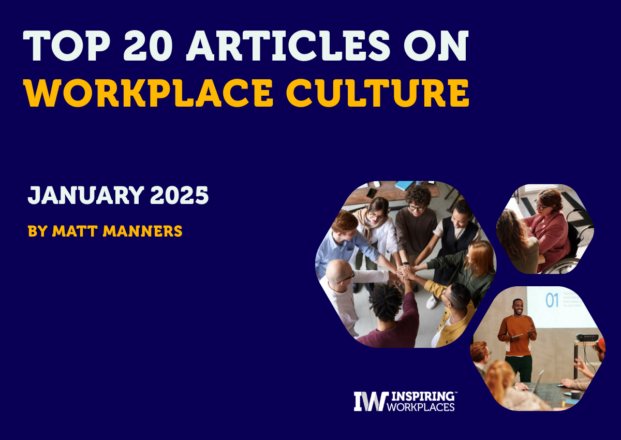
04th April 2025
Why Psychological Safety at Work Is Declining And What Leaders Can Do

A new study reveals a 25% decline in employees feeling psychologically safe at work, with many unable to “bring their whole self” due to return-to-office mandates and stalled DEI progress. This lack of inclusion particularly impacts individuals with protected characteristics, risking both employee wellbeing and organizational performance.
This article was written by Jo Faragher and published in Personnel Today.
There has been a decline in how ‘psychologically safe’ people feel at work, according to a new study by Mental Health First Aid England and Henley Business School.
Researchers found that there has been a 25% drop in the number of people who feel they can “bring their whole self to work” over the past five years, from 66% in 2020 to 41% at the end of 2024.
Sarah McIntosh, MHFA England’s chief executive, told Personnel Today that recent roll-backs on diversity and inclusion, influenced by the political situation in the US, had contributed to the findings, as had an increase in return-to-office mandates.
The research also showed a striking disconnect between manager and employer perceptions of psychological safety.
“Managers tend to overestimate how psychologically safe their employees feel at work. Return-to-office mandates can be damaging and dangerous as they are exclusionary for lots of groups such as parents or people with disabilities, whose barriers were removed when working from home,” she said.
Psychological safety
The research was published on 11 March to coincide with My Whole Self day 2025, now in its sixth year. Just over eight in 10 people said it was important to feel they could bring their whole self to work, but only 31% felt able to do so in practice.
The impact of not feeling psychologically safe at work was particularly felt by people with protected characteristics, the researchers found.
More than half (54%) of black respondents said that not being able to bring their whole self to work impacts productivity, while 51% of those who identify as gay or lesbian said it impacts their mental health. Only one in four people with mental ill health felt they could bring their whole self to work.
Dr Melissa Carr, director of EDI at the World of Work Institute, Henley Business School, said that employees’ experiences at work are “far from meritocratic”.
“An individual’s diversity characteristics and lived experiences impact on their psychological safety, wellbeing and productivity,” she said.
“We are at a critical juncture in relation to equity, diversity and inclusion. For those companies that are stepping back on this work, there are many others that are doubling down and showing their commitment. This research highlights that there is work to be done so that everyone can thrive within the workplace. If we can all work towards that, it will be better for people, businesses, and society.”
McIntosh advised that building trust and connection would be crucial in building successful hybrid working arrangements going forward. (…)
To continue reading this article in full click here: People feel less comfortable to ‘be themselves’ at work






